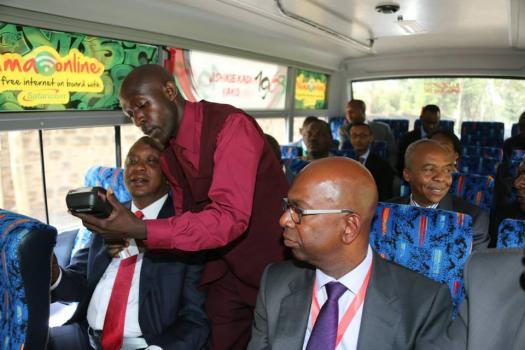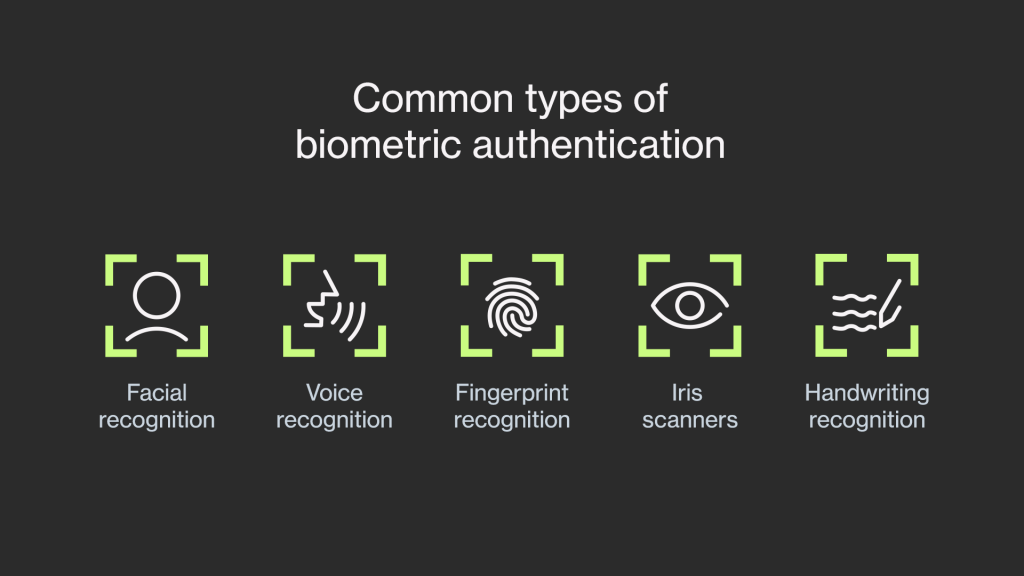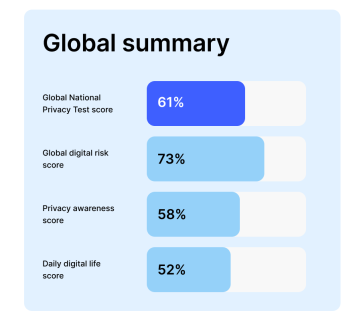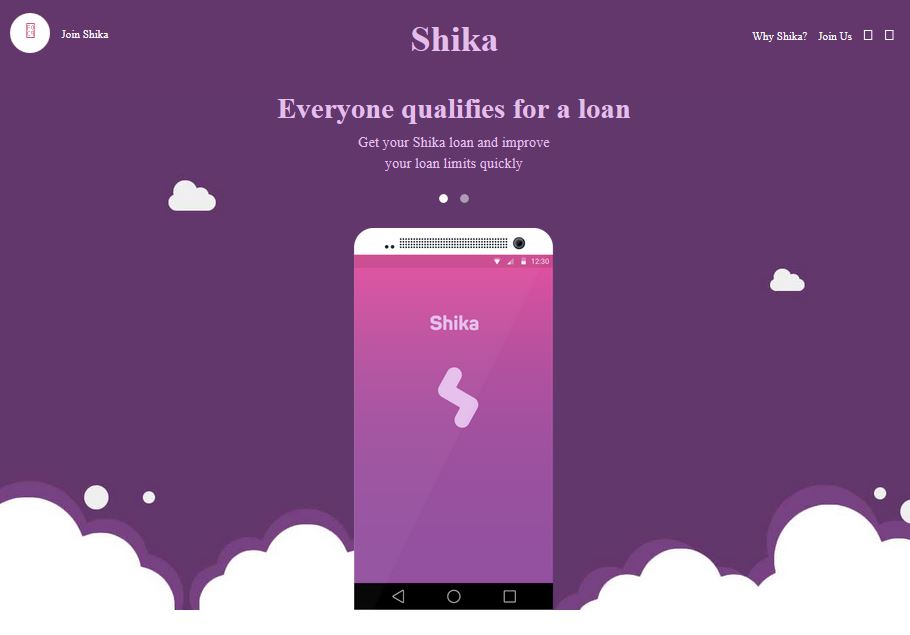December 1st, 2014 passed without a word from the government. It was the set deadline for all public transport vehicles to implement the cashless fare system that was launched through a partnership between the government and matatu owners.
Weeks into January and still no sign of the cashless systems seeing light of day, has forced some matatu owners to make a move in ending the cash systems that they say are bringing in losses of up to 30 per cent of their daily earnings.
About 250 vehicles plying Nairobi’s Jogoo road route have expressed their commitment to implementing the card system as soon as possible, by directly partnering with Fiber Space Ltd, the owners of the My1963 card to end cash payments for fares.
These PSVs, operating under their respective SACCOs include the popular Ummoiner, Cibet, Oma, Compliant and ROG (River of God). The five have made it known they will not be waiting around for the government’s time, which for now is still unknown.
Beginning February 1, anyone using ROG matatus will not be allowed to make payments for their fare in form of cash, instead everyone will be required to user their My1963 card. The other four have not set such a deadline.
Under the new campaign to self implement that is targeting over 100,000 passengers, about 40 youth have been deployed at select bus terminals in the city to sell the My1963 cards, including the Ummoiner buses station along Ronald Ngala.
“While the matatu owners fully understand the need for the cashlight fare system, the majority of passengers have shied away from embracing them due to limited information. With this partnership our activators will be in bus terminals explaining the details to passengers,” said Mwakio Ngale of Fibre Space.
The cards are being given to passengers at no charge with the card activators explaining how the card is supposed to function, after which registration of the card is done also at no cost. All that is required is the national ID, a valid phone number as well as the date of birth to create individual accounts.
Loading money into the card will require the user to have an M-Pesa account, through which transactions when using the My1963 card will be done following a partnership with mobile operator Safaricom.
Fibre Space has provided the staff with the technical training needed to use the systems as well as making sure that the gadgets are available and back end systems are tested and working properly. The major challenge however, is convincing the passengers who are still shying away from the system.
The implementation of the cashless card system has been very slow with the government relaxing on the issue and not seeing through any of the deadlines. First it was 1st July last year, but which was moved to December 1, and still no word about the move by the government.
This new move by Eastlands matatus may prompt other matatu owners to take action and join the self implementation campaign for other routes as well, and then maybe the government will also come in to take credit of the implementation by setting another deadline.





